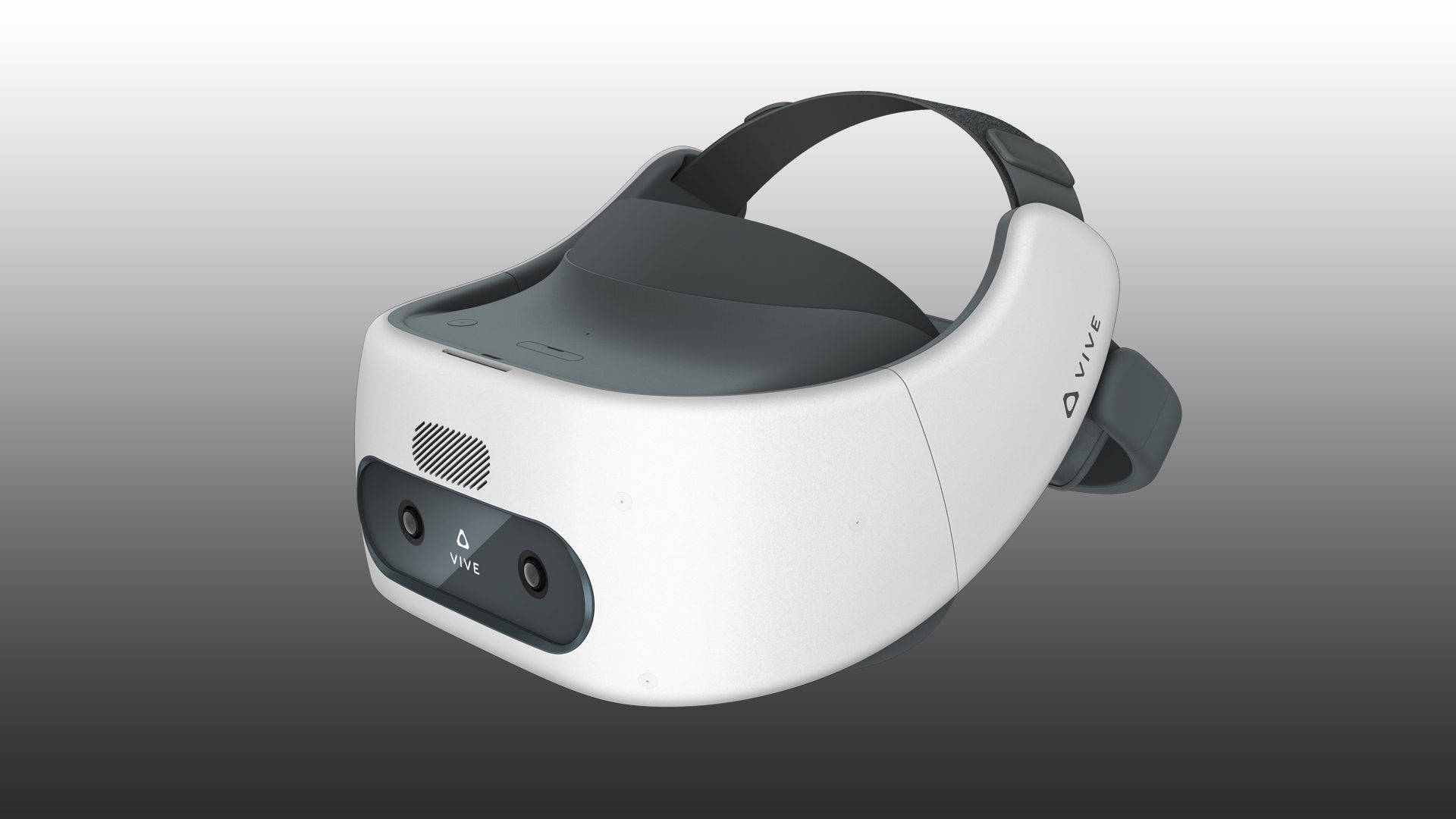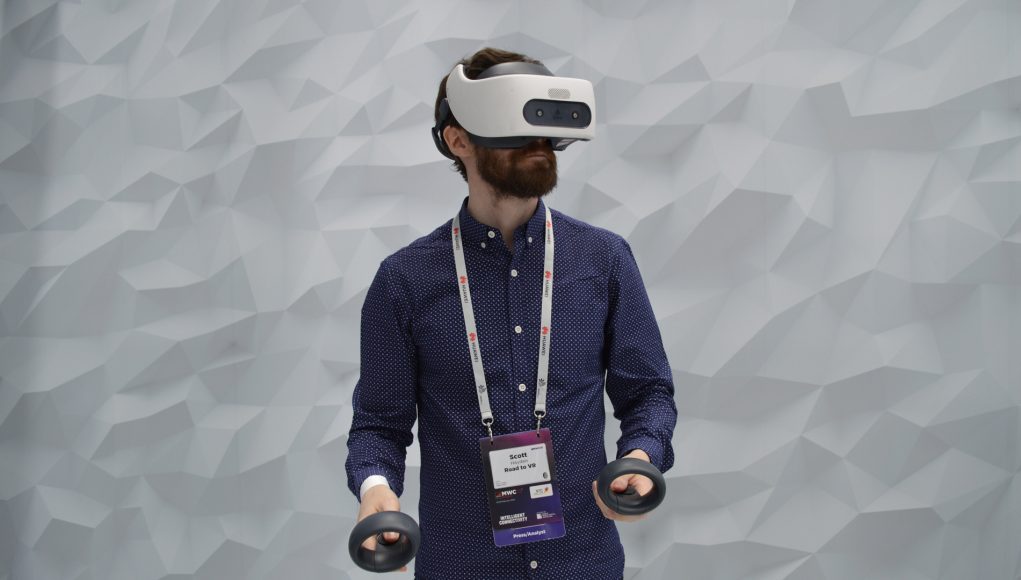Enterprise? Consumer?
Vive Focus Plus is set to launch as an enterprise product in Q2 2019 in all markets except China, where it will follow in Vive Focus’ footsteps as an honest-to-goodness consumer device.
This makes a certain amount of sense coming from HTC’s corner, and it’s not a case of the company withholding what some have stretched to call an Oculus Quest competitor. It’s not a Quest competitor plainly because it isn’t appealing to consumers outside of China, not to mention the difficulty it would have hitting a consumer price-point to rival Quest’s $400 price tag.
Note: The original Vive Focus still sells for $600, and it would be a pretty surprising turn of events if Vive Focus Plus either meets or beats that price.

That said, HTC isn’t stopping world-wide consumers from getting their hands on a Vive Focus Plus if they want one, but then again there’s probably no real reason to get one anyway if you aren’t looking to use it for building a job training program, or other specific work-related task.
“But what about cloud gaming?” you might ask. While it’s undoubtedly coming at some point, you probably shouldn’t hold your breath. It’s a likely going to be a multi-year challenge that needs both a working 5G infrastructure and a massive network of localized servers dedicated to rendering SteamVR games as close to the user as humanly possible (aka ‘edge computing’), all of which currently doesn’t exist.
HTC’s reasoning behind the consumer launch in China: In China, PC gaming is mostly relegated to Internet cafes simply due to the high startup cost. Talking to HTC Vive Americas general manager Daniel O’Brien, the company sees more promise in China because an overwhelming number of Chinese consumers are more apt to spend their hard-earned yuan (¥) on mobile phones, and by that token, on mobile VR headsets. The appeal of having an all-in-one, standalone VR experience is a strong enough draw in China, and now that the headset features at least one important technical capability of the 6DOF-everything PC VR headsets of today, it’s logical that HTC would chase the market there with a followup offering.
Talking to HTC Vive China president Alvin Wang Graylin, I also learned the strategy is based on how the company has engaged and incentivized Chinese developers to build apps that work on a variety of devices running on HTC’s open Vive Wave platform, which includes support for a number of third-party Chinese headsets that consequently also directs users to the Viveport mobile digital distribution platform. The company has so far created enough draw with Viveport mobile to get Chinese developers interested in not only making sure their older content works with 6DOF controllers, but also build new 6DOF content from the ground-up.
So far it looks like consumers outside of China will just have to wait for whatever standalone product is next, as HTC still has a ways to go before they can stock a mobile VR app store with appealing content targeted at the rest of the world.
– – — – –







